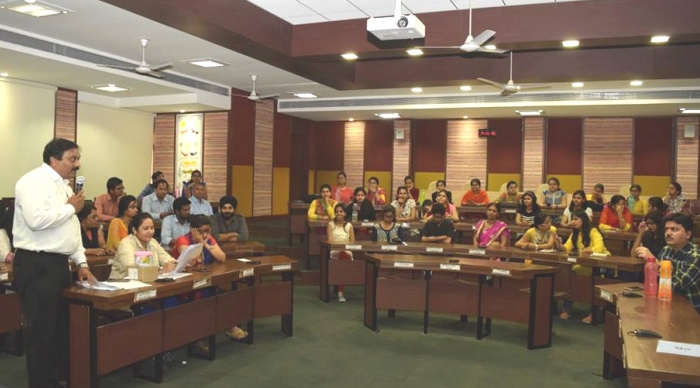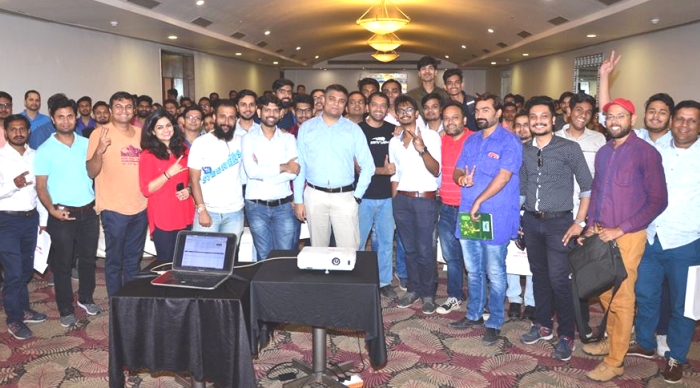
Events at AlphaIRT


Internship in Digital Marketing, 30th June 2019

Foundation Course in Digital Marketing,30th May 2019
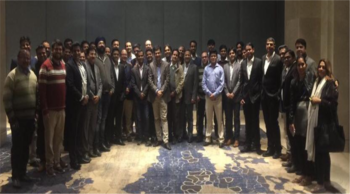
Nasscom CEO Meetup, 19th December 2018

Berlin Affiliate Conference (BAC), Berlin in 2017 being Exhibitor

Summit of iGaming Malta (SIGMA), Malta in 2017 being Exhibitor

Amsterdam Affiliate Conference (AAC), Amsterdam in 2017 being Exhibitor

Berlin Affiliate Conference (BAC), Berlin in 2017 being Exhibitor

Amsterdam Affiliate Conference (AAC), Amsterdam in 2017 being Exhibitor

Amsterdam Affiliate Conference (AAC), Amsterdam in 2015 being Exhibitor

Affiliate Summit West (ASW), Las Vegas, USA in 2015 being Exhibitor

Amsterdam Affiliate Conference (AAC), Amsterdam in 2015 being Exhibitor

Affiliate Summit West (ASW), Las Vegas, USA in 2015 being Exhibitor
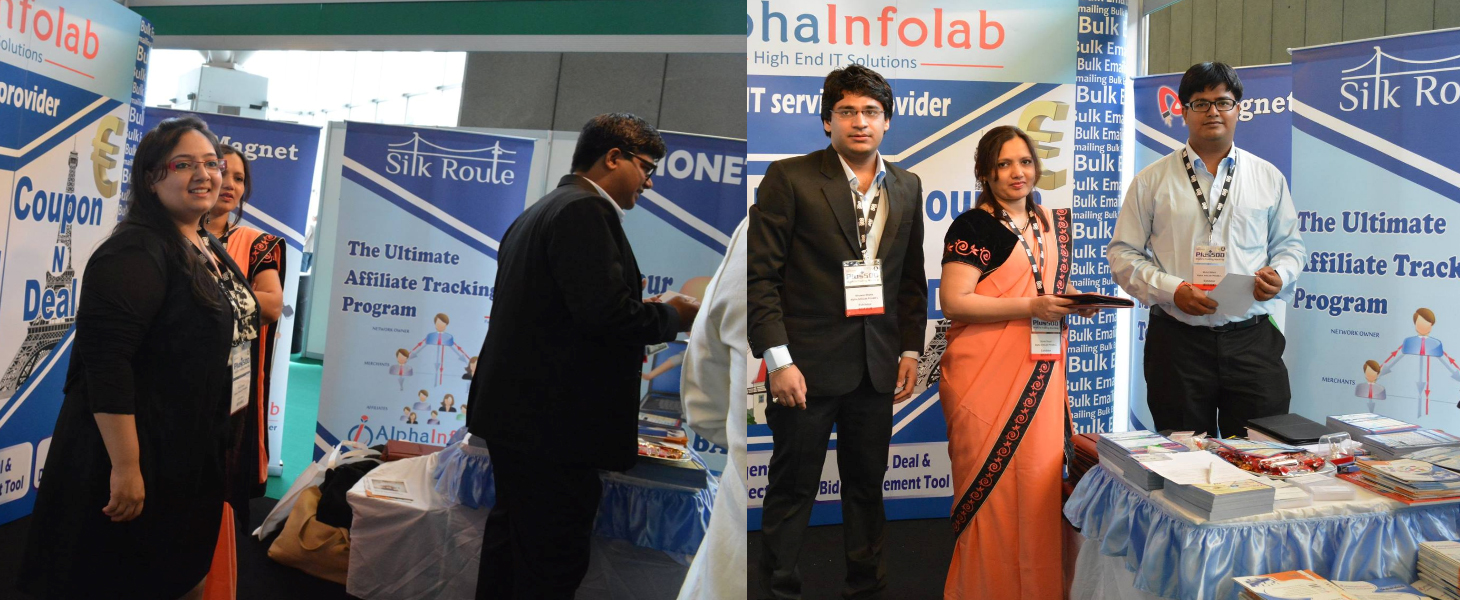
Amsterdam Affiliate Conference (AAC), Amsterdam in 2015 being Exhibitor

Amsterdam Affiliate Conference (AAC), Amsterdam in 2015 being Exhibitor

Amsterdam Affiliate Conference (AAC), Amsterdam in 2015 being Exhibitor

Amsterdam Affiliate Conference (AAC), Amsterdam in 2016 being Exhibitor

London Affiliate Conference (LAC), London in 2017 being Exhibitor
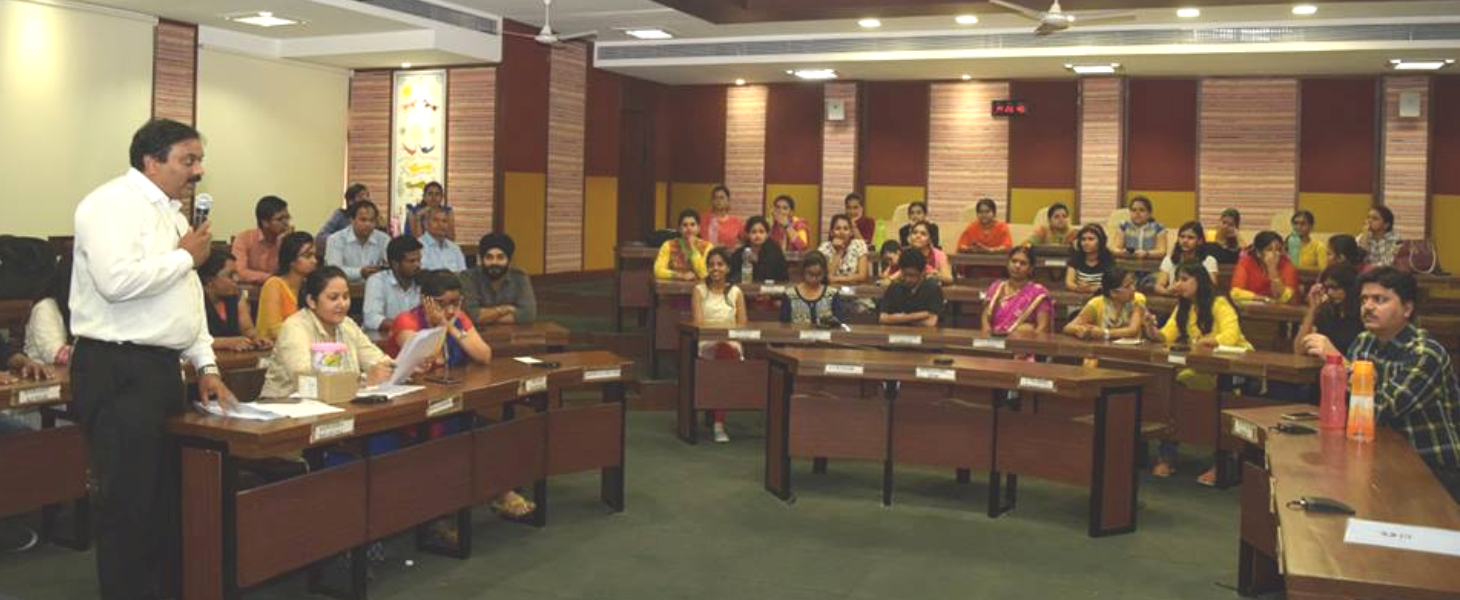
IIM Indore Seminar!
We attended a seminar organized by Forstartups and Indian Institute of Management at IIM, Indore on the topic ‘Marketing for Startups’. It was an informative and well organized seminar. There were three speakers, who were experts in their field. The following topics were covered:
- Laying the foundation of a startup marketing
- Demystifying content marketing for startups
- Building marketing organizations that win
We extracted some useful information from their speech and panel discussion with the audience:
- Facts cannot change the belief
- In text and video contents, there should be emotions in writing
- Key words should be properly placed
- A properly publicized webinar helps the company a lot in brand building
- Pricing is always cost plus and value minus
- There is a good market in pay day loan and loan for second hand bikes
- One should always place themselves with world leaders, even though they are tiny. They get a boost from it. (Mail Chimp)
- If you are going for a startup, keep in mind the success stories of leaders. Zomato etc.
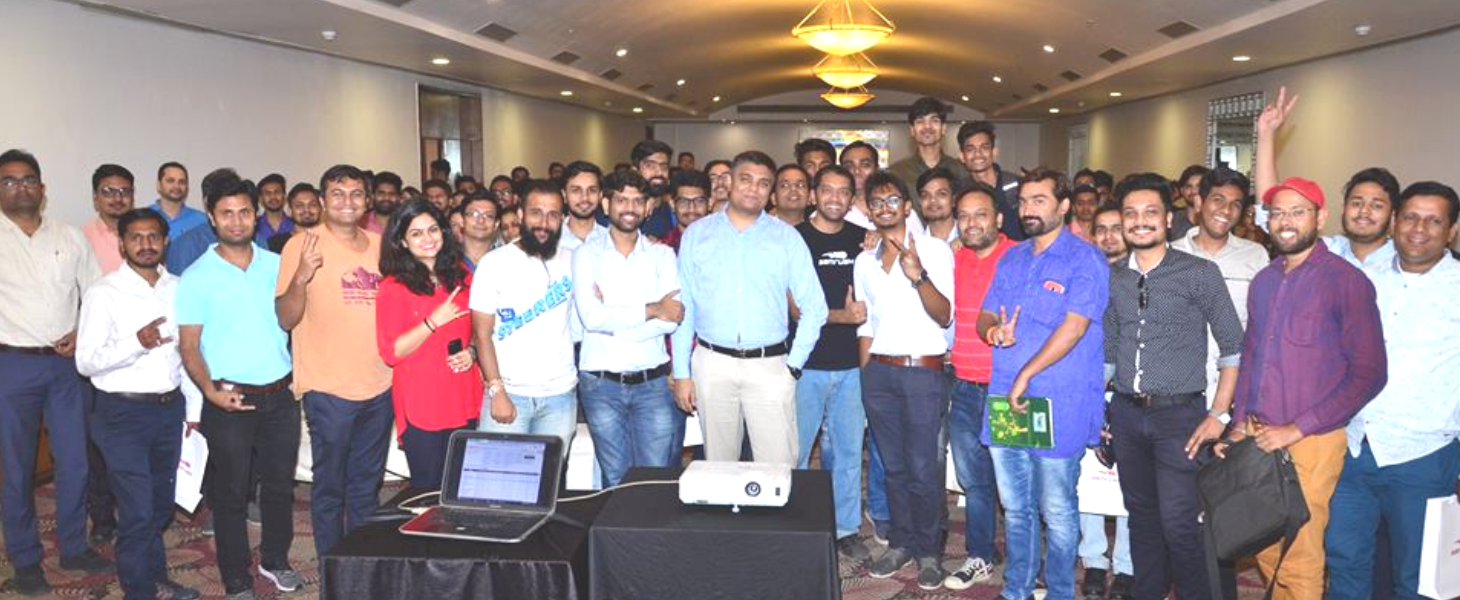
SEMrush Indore Seminar!
Recently there was a seminar conducted by SEMrush. It is a company working in the area of digital marketing. They have developed a tool which helps in analysing a website. Main areas covered are key word research and analysis, traffic analysis and competitors’ analysis.
Some of our employees attended the seminar. They explore cutting-edge tools and techniques of SEMrush tool and got the chance to learn through case studies from industry expert’s viz., how to do things and what not to do and build a network with like-minded professionals.
Why this seminar was beneficial for an individual:
- We got Industry experts’ knowledge.
- It helped the students who want to make their career in digital marketing.
- It also provided knowledge to digital marketing professionals, who want to know more about the technical side of the topic and stay up to date on the latest Google updates.
- It was beneficial to content writers and bloggers who want to influence customers with their content.
- Start-ups and Entrepreneurs who want to drive their marketing strategy and keep their sales pipeline flowing also got benefited.
Key Takeaways from This Session:
- Differences between what Google says and what Google does.
- SEO tips and tricks for improving organic visibility.
- How you can use data to influence search results.
- A holistic approach to content marketing.
- How to measure your KPIs?
- How brands can leverage in large with an evolved content marketing approach?
- Strategies, tips and tricks on how to acquire mighty domains at bargain prices.
- How to mountain traffic from the expired domains?

Transformation of Digital Marketing by GDPR
GDPR will force marketers to relinquish much of their dependence on behavioural data collection. Most critically, it will directly implicate several business practices that are core to current digital ad targeting. The stipulation that will perhaps cause most angst is the new formulation for collecting an individual’s consent to data gathering and processing; GDPR requires that consent be active (as opposed to passive) and represent a genuine and meaningful choice. Digital marketers know that users of internet-based services like Snapchat, Facebook, and Google technically provide consent by agreeing to these companies’ terms of service when they sign up. But does this constitute an active and genuine choice? Does it indicate that the user is willing to have her personal data harvested across the digital and physical worlds, on- and off-platform, and have that data used to create a behavioural profile for digital marketing purposes? Almost certifiably not.
